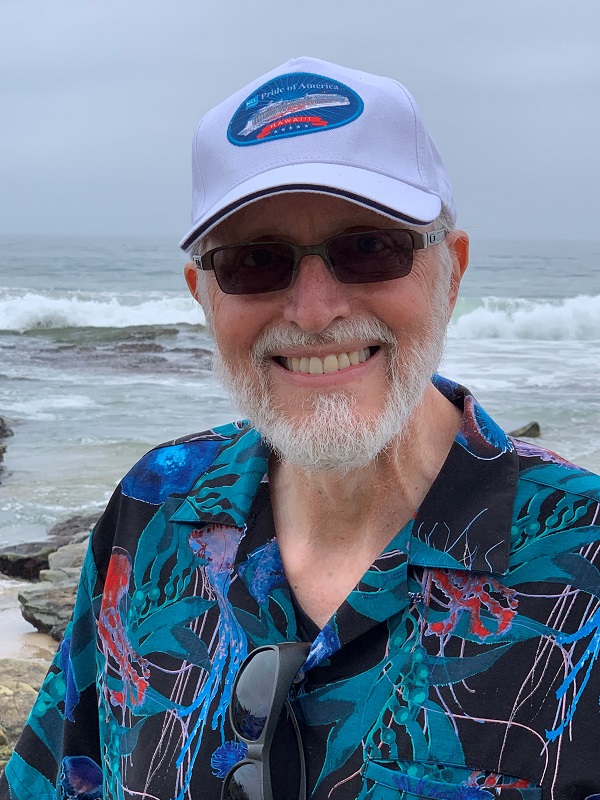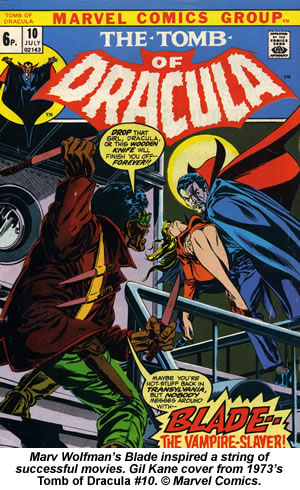

“He had the New Gods years before,” comics writer Marv Wolfman told me in 2003.

He brought with him a concept he'd been developing ever since his early days on Thor, but refused to offer Marvel. (21)Īfter the 1969 Cap row, Kirby hastened the discussions he'd already begun with DC, joining the company in late 1970 on what was initially a three-year contract. “He says his royalties for merchandising and licensing use of the hero now help pay his legal bills from the case,” The New York Times said of Simon in 2008. With plans for a Captain America movie then underway, Marvel settled out of court in September 2003 in a deal giving them “any and all copyrights” Simon held in Captain America. Simon renewed his challenge to Cap's copyright when the character reached his 56th anniversary in 1996, filing notice to terminate just before that window's December 1999 deadline. The second share of the settlement, the money my lawyer turned over to me, was not included in Kirby's payment.” (7) Eventually, he was paid the sum that I received as my share. He told me he had not collected his money. Almost three years later, I ran into Kirby.

My attorney, in turn, passed his payment on to me. He writes: “Part of the payment was made to me, part to my attorney - a much larger share than his legal fees would constitute. The case was eventually settled out of court, and arrangements made to pay Simon the agreed sum. In return, Marvel promised to pay Kirby the same amount they would pay Joe Simon on settlement of the case.” “Kirby signed a document surrendering to Marvel Comics all rights to Captain America in perpetuity.

“It was agreed that Kirby would side with Marvel in contesting my claim,” Simon writes. In 1969, Joe Simon launched a bid to reclaim Captain America's copyright 28 years after the character's debut.


 0 kommentar(er)
0 kommentar(er)
